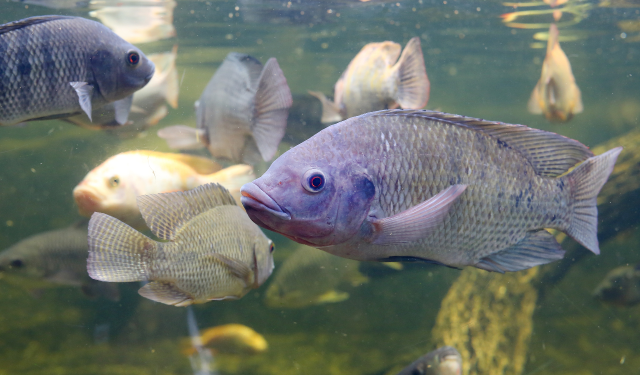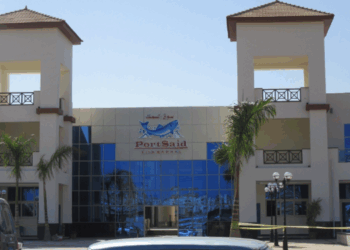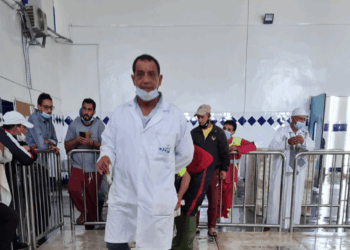Africa. Tilapia may not be the optimal solution for small farms – A new study by scientists from the University of Stirling’s Institute of Aquaculture and WorldFish has revealed that pond polyculture can serve as a valuable supplement to capture fisheries in areas with seasonal fishing restrictions. The study, titled “The role of aquaculture and capture fisheries in meeting food and nutrition security: Testing a nutrition-sensitive pond polyculture intervention in rural Zambia” was published in the journal Foods.
The research focused on Zambian smallholder homesteads and found that stocking various indigenous, micronutrient-rich small fish species instead of relying solely on tilapia can offer a direct source of food for household consumption, rather than producing a monoculture for cash crops. Shakuntala Haraksingh Thilsted, WorldFish Global Lead for Nutrition and Public Health and one of the study’s co-authors, said “Aquaculture, especially polyculture systems with indigenous small fish species, has the potential to improve the nutrient intake of households during closed fishing seasons.”
University of Stirling doctoral candidate Alexander Kaminski, the study’s lead author, added that the study found a polyculture approach could help preserve natural resources while at the same time providing better nutrition to local smallholder farmers. He said “Polyculture ponds provide a good source of diverse, micronutrient-rich small fish species. However, the amount of fish from the wild, especially small fish species from the large lakes that are dried, play a more significant role in people’s nutrient intake. Ultimately, any improvements to aquaculture should not be done in isolation without considering the more-important role of capture fisheries in providing cheap, micronutrient-rich small fish for vulnerable people.”
Africa. Tilapia may not be the optimal solution for small farms









